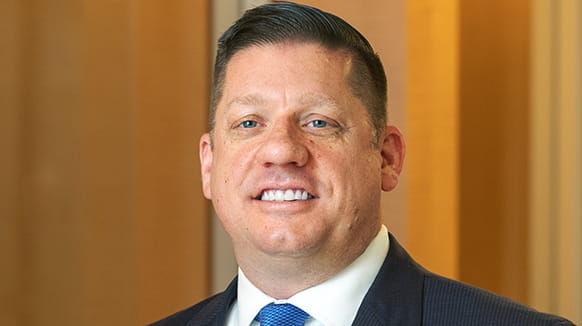Haynes Boone Lawyers David McCombs, Eugene Goryunov, and Jonathan Bowser authored a new installment of their segment IPR Tricks of the Trade in Thomson Reuters discussing the Section 112 issues that may arise in an inter partes review.
Read an excerpt below:
An inter partes review (IPR) can only challenge claims of an issued patent on anticipation or obviousness grounds, under 35 U.S.C. §§ 102 and 103, based on patents or printed publications. Patent claims cannot be challenged or cancelled by the Patent Trial and Appeal Board (PTAB) under the definiteness, written description, or enablement requirements of 35 U.S.C. § 112. Cuozzo Speed Tech. v. Lee, 136 S. Ct. 2131, 2141-42 (2018).
Section 112 issues, nevertheless, may arise in an IPR where, for example, the challenged claims are written in means-plus-function form (MPF) or recite terms whose meaning may not be determined without speculation or assumption. But if Section 112 cannot serve as a basis to challenge or cancel claims in an IPR, what happens at institution or, more interestingly, post-institution when a claim term implicates Section 112?
At Institution
The Director may institute an IPR trial if the petitioner shows that there is “a reasonable likelihood that [it] would prevail with respect to at least 1 of the claims challenged in the petition.” 35 U.S.C. § 314. Part of this evaluation involves claim construction. When it comes to MPF terms, the PTAB has a very specific rule that requires the petition to “identify the specific portions of the specification that describe the structure, material, or acts corresponding to each claimed function.” 37 C.F.R. § 42.104(b)(3).
To read the full article in Thomson Reuters, click here.
This article was also featured in the Daily Docket, here.

